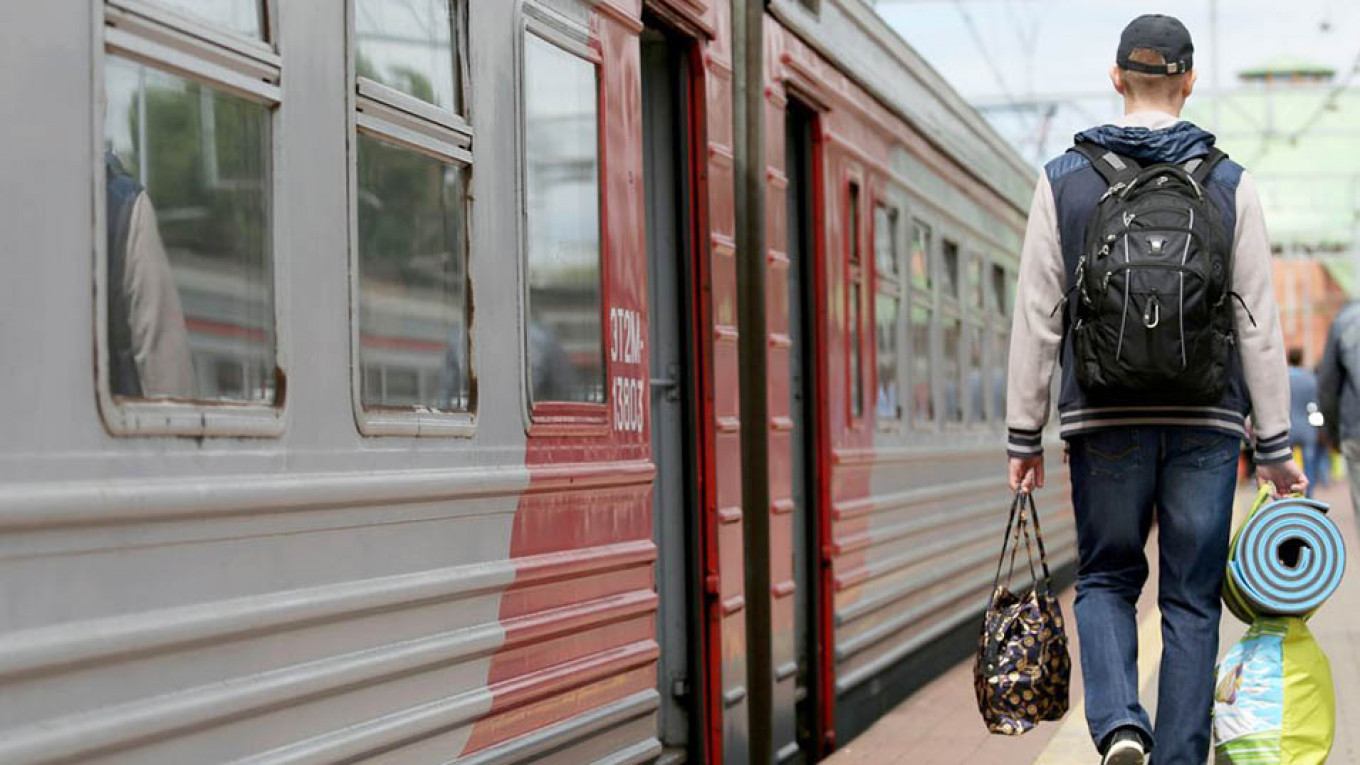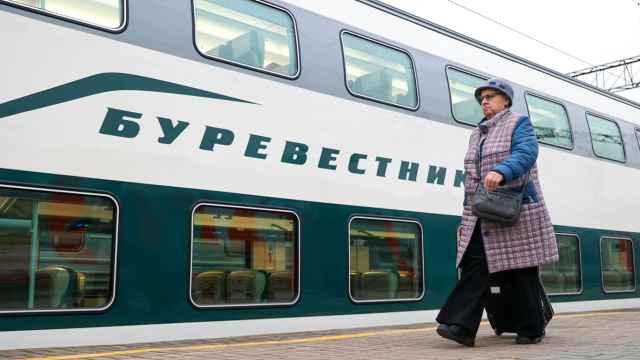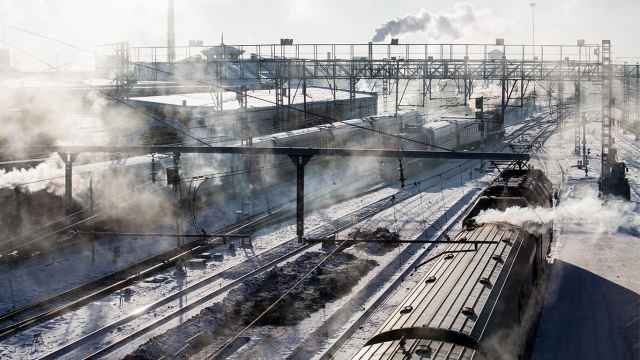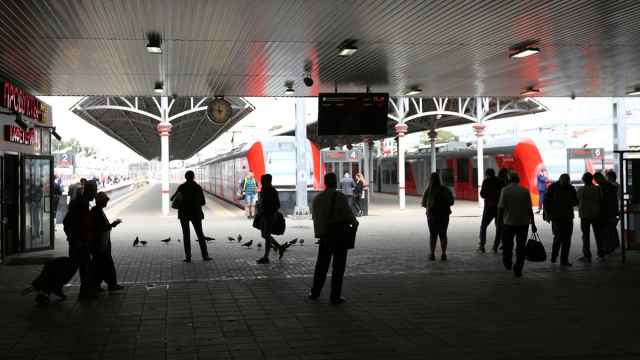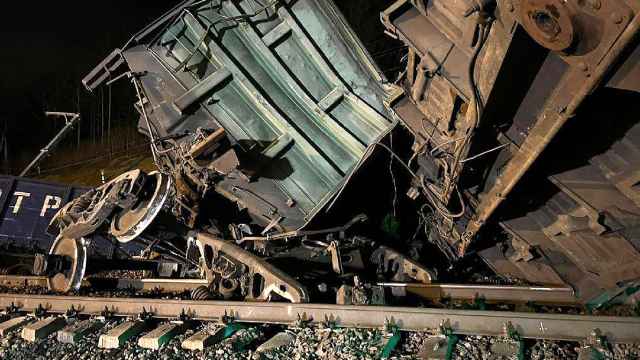Russia’s mega high-speed rail project to link Moscow, St. Petersburg and Nizhny Novgorod is set to cost 2.3 trillion rubles ($36 billion), according to Russian media reports.
Around 600 billion rubles ($9.4 billion) will come in the form of direct state grants or cheap government-backed loans, while the rest will be financed directly by Russian Railways — which is fully-owned by the Russian government. In total, more than 1,000 kilometers of track will be built linking the three cities at a cost of around $33 million per kilometre.
The figures were included in a budget proposal sent from Russian Railways to deputy prime minister Maxim Akimov and circulated throughout the government, Russian daily Kommersant reported.
The 659-kilometer line between Moscow and St. Petersburg — Russia’s two largest cities — will be constructed by the end of 2026 and will cut journey times by 40% to two hours and 40 minutes. The Moscow to Nizhny Novgorod section, which comes in at 421 kilometers, will be ready by 2024.
Russian Railways said the new line will be able to carry 47.4 million passengers a year. The company has also pledged that ticket prices will not be more expensive than those for the Sapsan, the current fastest train between Moscow and St. Petersburg.
The draft budget shows the majority of the construction for the new route is scheduled to take place between 2022 and 2025.
In addition to state grants worth 400 billion rubles, Russian Railways is set to receive a 200 billion-ruble cheap loan from the government’s National Wealth Fund.
The company also plans to issue a new so-called green bond — a traditional corporate bond which is used for environmentally-friendly projects — of around 300 billion rubles to cover construction costs for part of the Moscow-St. Petersburg line. A similar bond issued by Russian Railways earlier this year to upgrade its stock of electric trains raised 500 million euros in the first successful international green bond placement by a Russian firm.
A Message from The Moscow Times:
Dear readers,
We are facing unprecedented challenges. Russia's Prosecutor General's Office has designated The Moscow Times as an "undesirable" organization, criminalizing our work and putting our staff at risk of prosecution. This follows our earlier unjust labeling as a "foreign agent."
These actions are direct attempts to silence independent journalism in Russia. The authorities claim our work "discredits the decisions of the Russian leadership." We see things differently: we strive to provide accurate, unbiased reporting on Russia.
We, the journalists of The Moscow Times, refuse to be silenced. But to continue our work, we need your help.
Your support, no matter how small, makes a world of difference. If you can, please support us monthly starting from just $2. It's quick to set up, and every contribution makes a significant impact.
By supporting The Moscow Times, you're defending open, independent journalism in the face of repression. Thank you for standing with us.
Remind me later.


